Tooth Grinding
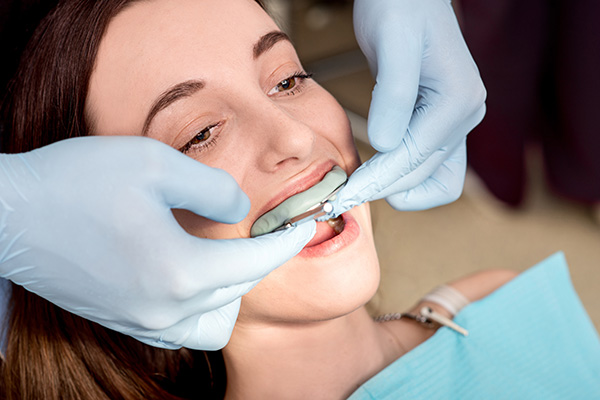
There are usually no symptoms of teeth grinding, however, certain persons may experience discomfort, headache, and it could wear down the teeth. Stress and anxiety are conditions under which a lot of people suffering from teeth grinding carry out the act. Even during sleep, some people grind their teeth. This condition is also known as bruxism.
What are the symptoms of teeth grinding?
Although this dental issue may not be symptomised, there could be tell-tale signs that you have this disorder. Some of the symptoms of bruxism are:
- Pain in the face
- Headache
- An aching ear
- Pain and stiffness of the joints in the jaw and other muscles
- Inability to sleep soundly
- Wearing down of the teeth
- Fractured or broken teeth or fillings
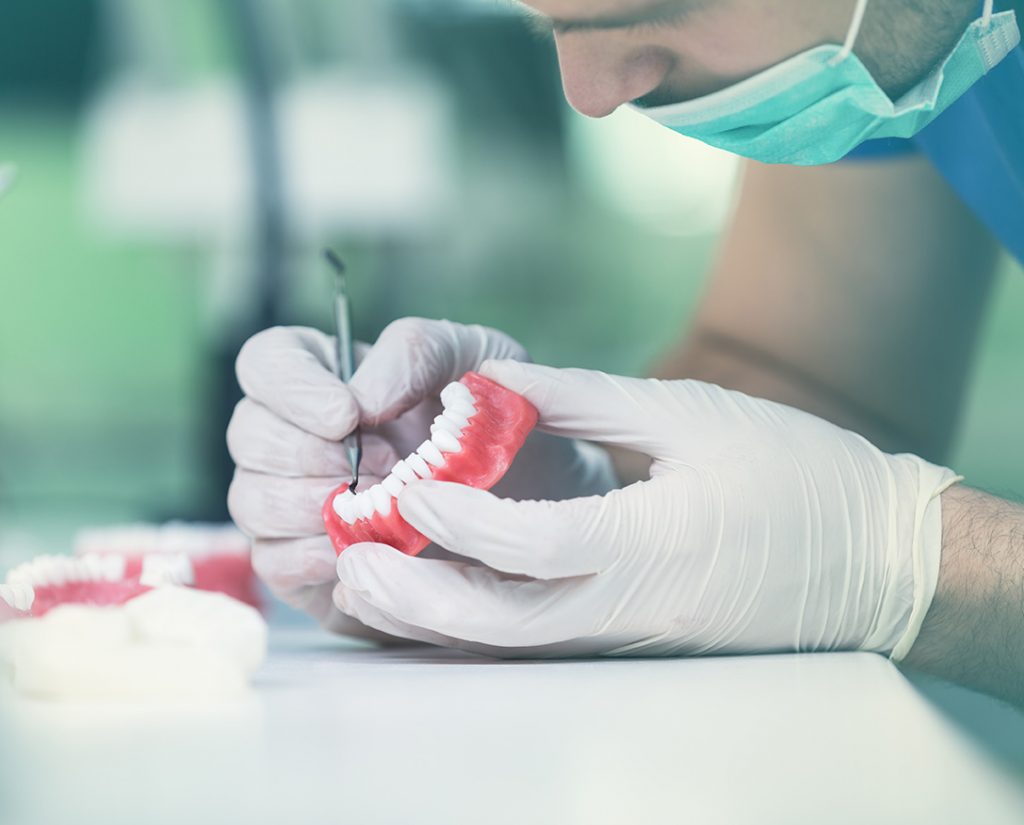
What causes teeth grinding?
In our experience, people grind their teeth because of certain factors:
Anxiety and stress
A hard day at work, a hard-to-please boss, family issues, and even the knowledge of a poor health condition can put people under stress and make them anxious. In the course of thinking hard, they begin to grind their teeth, which sometimes happens during sleep.
Certain medication
Some medications can cause bruxism. For instance, an antidepressant known as selective serotonin reuptake inhibitor (SSRI) is found to be associated with teeth grinding.
Sleep problems
Having trouble sleeping or snoring while you sleep is a probable indicator that you may be grinding your teeth.
Lifestyle
Certain habits can also be responsible for bruxism. Activities like smoking, taking alcoholic drinks, use of drugs such as cocaine, ecstasy, excessive consumption of tea and coffee can make you start grinding your teeth.
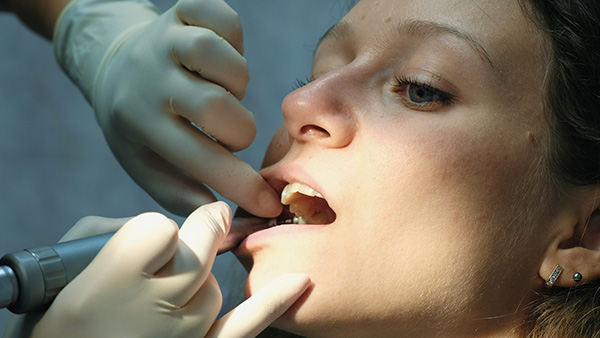
What's the effect of teeth grinding?
Apart from the pressure exerted on the teeth from chewing and grinding food, bruxism puts the teeth under extra strain as the surfaces rub against each other. Consequently, the teeth get weakened and wear down gradually.
What can be done to correct teeth grinding?
At Tunbridge Wells, there are a plethora of solutions for bruxism. The dentist may recommend the use of a mouthguard or mouth splint. This works to reduce the sensation experienced during teeth grinding. In addition, a mouthguard will lower discomfort, keep tooth decay and other possible dental problems at bay.
Other teeth grinding cases may be treated by learning how to relax the muscles and practising sleep hygiene. Should it be that you’re also going through stress or anxiety, the dentist may recommend you undergo cognitive behaviour therapy together with the use of a mouth splint.
The best thing is to consult your dentist when you are experiencing teeth grinding. They can provide the best possible treatment depending on how severe or mild the condition is.
Can teeth grinding be stopped?
Since stress is one of the major factors causing bruxism, the ability to control it means this disorder can be stalled. So if this is the case, consult your dentist for stress-relief solutions. Again, therapy, engaging in exercises, getting a stress counselling, and a medication that can relax your muscles are some other things that can take that stress away. If possible, reduce working hours to have sufficient time to sleep.
If you grind your teeth at night while sleeping, the dentist may ask that you use a mouthguard. This will control unconscious teeth movement.
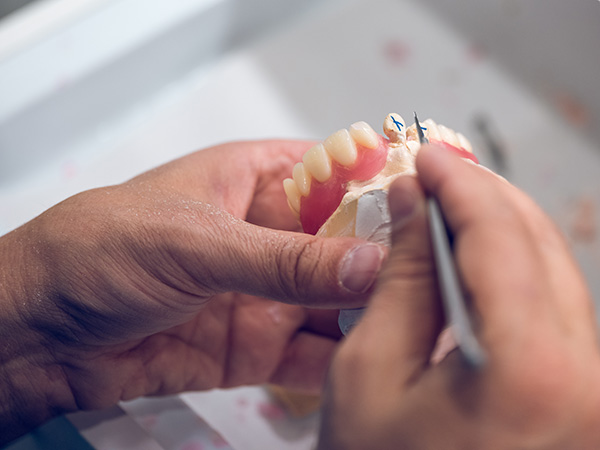
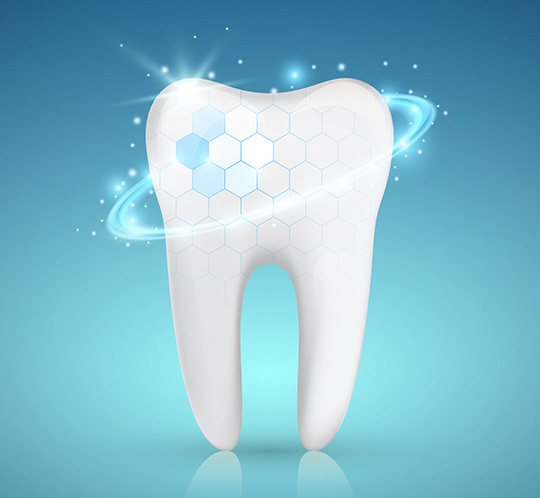
Extra helpful tips include
Extra helpful tips include:
- Cut down on your intake of caffeinated drinks and foods like coffee, tea, colas, and chocolates
- Alcohol triggers teeth grinding. Put a check on it.
- Stop chewing on hard objects like pen and pencils. Chewing gum should also be avoided as it puts the jaw muscles under the illusion of consistent teeth movement.
- For teeth grinding during the day, help the jaw muscles relax by placing the tip of your tongue between the teeth.
- Use a warm washcloth on your cheek at night to ease the jaw muscles.
- Combine pain medication like ibuprofen and soft foods during severe sessions to relax face muscles and joints.
Teeth grinding may be dangerous
Chronic cases of bruxism can cause teeth loss, broken or loose teeth, and excessive wearing down of the teeth. Should this happen, the solution may be to use implants, bridges, crowns, partial or complete dentures, or root canal treatment.
If you are experiencing any of the symptoms above, do well to reach out to our well-trained dentist at Tunbridge Wells, and we will be sure to proffer a suitable course of treatment for you.
